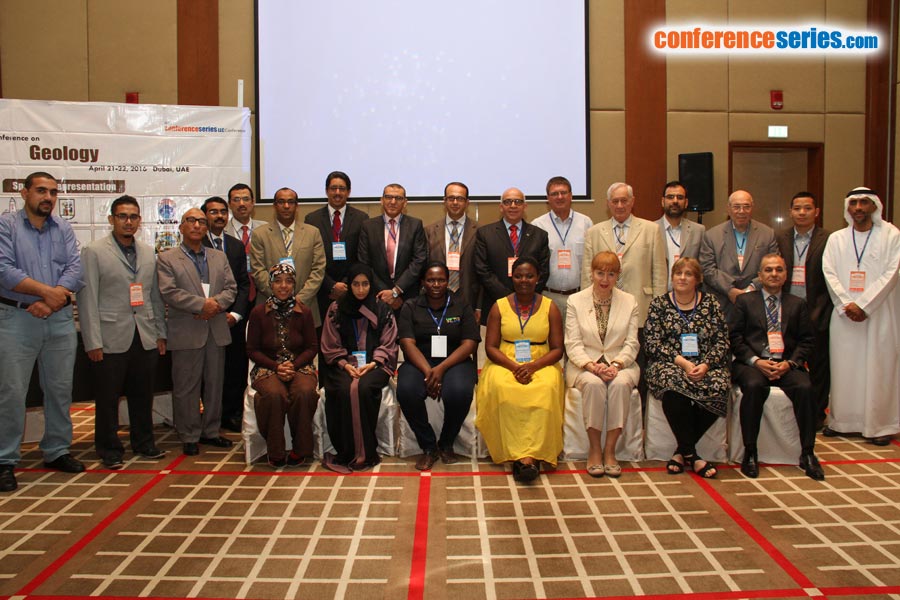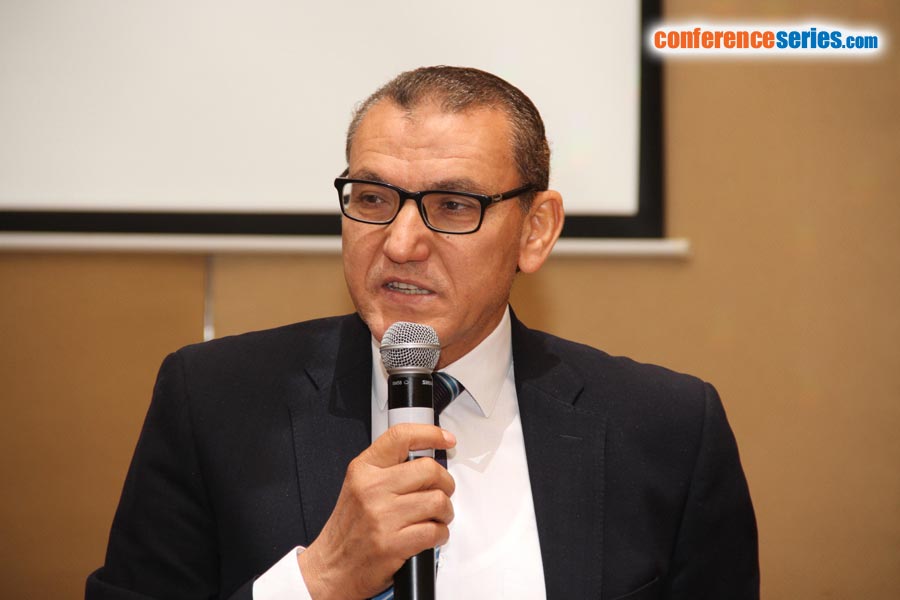
Mohamed Ibrahim Dosouky Helal
Cairo University, Egypt
Title: Use of nanotechnology in remediation of heavy metals polluted soils
Biography
Biography: Mohamed Ibrahim Dosouky Helal
Abstract
Heavy metals polluted soils are a significant worldwide environmental problem. The crops cultivated in polluted soils often contain significant levels of heavy metals (Cd, Pb, etc.) that can impair human health. The current technologies such as removing up of pollutants, stabilization/solidification of pollutants, vitrification, soil capping, etc., used in remediation of polluted soils are not adequate. Smarter and cheaper techniques still to be addressed to decontaminate polluted soil. In the present study, nanotechnology has been adopted to immobilize heavy metals in polluted soil, in which nano-particles; nano-scale zero valent iron, bentonite-nZVI, nano alginite, nano carbon and dendrimers are used as immobilizing agents. Six soil samples collected from different locations in Egypt which have been polluted by either sewage sludge, industrial wastes, or vehicle exhausts, are treated with nano-immobilizing agents, at three rates of 0.1, 0.5 and 1%. The treated soil samples are incubated for two months which were subjected to eight wetting and drying cycles. At the end of the incubation period, the soils were analyzed for the determination of total, plant available as extracted using DTPA solution, and various chemical fractions of Cd and Pb. The results showed that all nano-immobilizing agents proved high efficiency to reduce the level of DTPA extractable-Cd and Pb. The magnitude of the reduction varied as both agent and rate of application varied. The efficiency of the tested nano-agents to immobilize Cd and Pb increased as the rate of application increased. The sequential extraction experiment showed that, nano immobilizing agents successfully altered Cd and Pb from mobile to immobile form as the exchangeable Cd and Pb significantly decreased in all tested soils, whereas, carbonate- and oxides- bound-Cd and-Pb significantly increased. Also, the results of the pot experiment showed that application of nano-materials to polluted soils at rates of 1% and 2% significantly increased fresh and dry weight of crop Garden Rocket (Eruca sativa) and decreased uptake of Cd and Pb.
Speaker Presentations
Speaker PDFs
Speaker PPTs Click Here



